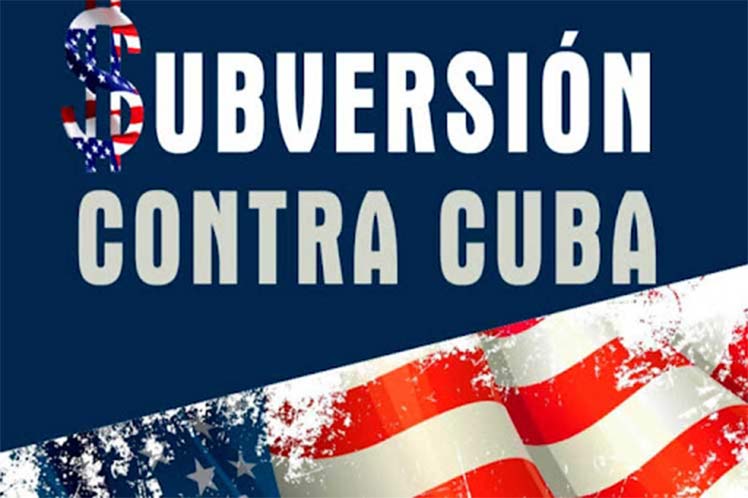The experts explained on national television how digital platforms are used to stimulate crowds to commit acts of subversion and other crimes, which are contemplated in the unconventional war manuals applied by the United States against Cuba.
The president of the Criminal Chamber of the Supreme People’s Court, Otto Molina Rodríguez, explained that the purpose of those who commit crimes must always be taken into account to evaluate the severity. He also commented that on social networks there are calls to alter public order, to attack the police and to depose public institutions. In the latter case, the crime can be considered sedition, punishable by up to 30 years of deprivation of liberty, or life imprisonment if the crime is committed in exceptional situations, disasters or if it affects the security of the State.
Colonel Hugo Morales Karell, second chief of the General Directorate of the National Revolutionary Police, explained that the United States urges attacks against the authorities so that they apply an excessive response for them to capitalize on that reaction and publishing it on social networks, thus showing a failed government and a false police brutality.
Morales Karell pointed out that all these actions are contained in the unconventional war plans, with which “the enemy seeks to generate a pretext that may allow them to continue accusing Cuba.”
The Colonel stated that the Cuban police have training in self-defense and techniques that permit them to subdue a person without having to resort to lethal means for control, and stressed that police officers learn in academies rationality when dealing with individuals as a principle that must be followed.
jrr/llp/jha/mks









